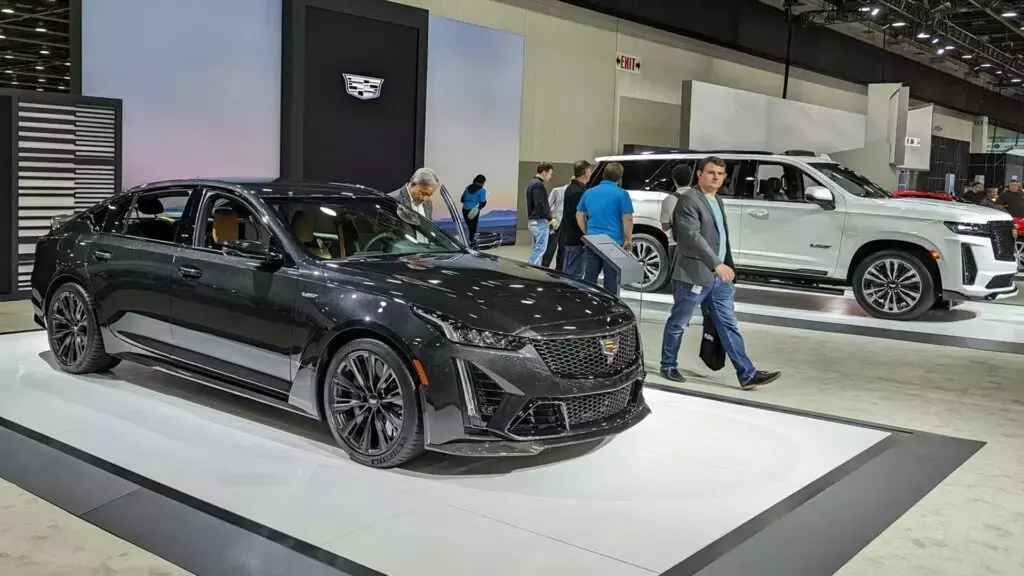





The once-renowned Detroit Auto Show has returned, but its impact is barely noticeable. With minimal news and participation from major automakers, the event has lost much of its former luster. The show now seems overshadowed by other international automotive events such as the Brussels Motor Show, Tokyo Auto Salon, and CES. This decline raises questions about whether the Detroit Auto Show is on the brink of extinction or merely transitioning into a new era.
Diminished Media Attention and Participation
In recent years, the Detroit Auto Show has seen a significant drop in media coverage and manufacturer involvement. Previously bustling with excitement and groundbreaking announcements, this year's edition was notably quiet. The only noteworthy news came from the North American Car, Utility, and Truck of the Year Awards. Even the 2024 Chicago Auto Show appeared more vibrant in comparison. Ford's introduction of the Mustang RTR and Mustang GTD Spirit of America Edition pales in contrast to past grand unveilings. The absence of substantial press conferences further underscores the event's diminished status.
The lack of enthusiasm extends beyond just media attention. Organizers have shifted focus away from media engagement, making it difficult to generate excitement around the show. The disappearance of the 2025 press conference schedule page suggests that even planning for future events lacks clarity. For enthusiasts and professionals alike, the allure of attending the Detroit Auto Show has waned significantly. In 2022, the event struggled, but 2023 showed some improvement. Unfortunately, the 2025 iteration did not warrant even a short trip into the city, indicating a concerning trend.
Mixed Participation and Public Reception
Despite its struggles, the Detroit Auto Show still attracts a mix of automaker and dealer participation. Major players like GM, Ford, Stellantis, Toyota, and Volkswagen maintain a presence, albeit at a corporate level. Dealers contribute to filling the gaps left by absent manufacturers. Indoor tracks and various exhibits help fill the space, though these additions do little to restore the event's former glory. The public opening tomorrow comes with ticket prices that may seem steep given the current state of affairs. Adult tickets cost $20, seniors pay $12, and children between 3 and 12 are charged $10. A family pass for two adults and up to three children is available for $50, offering a slightly better value proposition.
The question remains: Is the Detroit Auto Show dead, or is it adapting to a post-auto-show era? While high-profile shows have faded into history, there is hope that Detroit's iconic event can find a new identity. However, with limited new content and declining interest, justifying a visit to the Motor City becomes increasingly challenging. The future of the Detroit Auto Show hangs in the balance, and only time will tell if it can regain its prominence in the automotive world.
